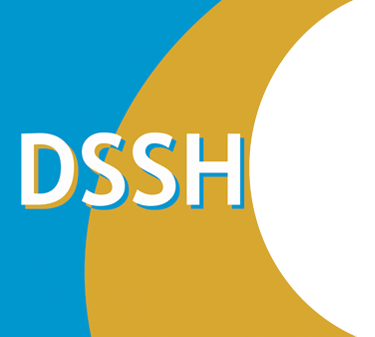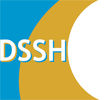Effect of a Simulation Educational Intervention on Knowledge, Attitude, and Patient Transfer Skills: From the Simulation Laboratory to the Clinical Setting
Introduction: Musculoskeletal injury in the workplace is the primary work-related factor in loss of nursing personnel from the workforce. Moving or transferring patients is the dominant contributing event. A simulation educational approach has not been closely studied in this area but may have advantages over traditional approaches. Specific aims…
Introduction: Musculoskeletal injury in the workplace is the primary work-related factor in loss of nursing personnel from the workforce. Moving or transferring patients is the dominant contributing event. A simulation educational approach has not been closely studied in this area but may have advantages over traditional approaches. Specific aims were to (1) evaluate the effect of a simulation intervention on success of patient transfers in a clinical setting and (2) measure change in participants’ knowledge and attitude as a result of the intervention. Methods: A prospective, observational, longitudinal design was used. Baseline patient transfer observations were conducted on control and intervention units. An optimum task set was developed using hierarchical task analysis methods. Subjects (N = 71) completed pre- and postintervention knowledge and attitude assessments. The intervention consisted of simulated patient transfers using a mannequin, education, and training, followed by repeated simulated transfers using a mannequin with debriefing. Observations of patient transfers in patient care areas were repeated at 4 and 12 weeks. Results: Patient transfer success improved from 66% at baseline to 88% at the 4-week measurement point (t = 7.447, P ? 0.0004). At 12 weeks, transfer success had decreased to 71%, with addition of new employees between weeks 4 and 12 confounding the 12-week measurement. Knowledge improved from a baseline of 65% to 95% postsimulation intervention (z = ?6.634, P ? 0.0004). Attitude change was also evaluated with significance seen with 12 of 15 items (P ? 0.05). Conclusions: A simulation intervention was successful in significantly improving knowledge and changing subject perceptions with regard to this task. Skills acquired through simulation successfully transferred to the clinical setting. Improvement in success for patient moves not trained in the simulation laboratory suggests that acquired skills were generalizable and supports application to different settings.
Read more: http://journals.lww.com/simulationinhealthcare/Fulltext/2011/04000/Effect_of_a_Simulation_Educational_Intervention_on.4.aspx
Full online text available for DSSH members trough DSSH/SSH membership subscription




